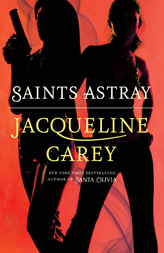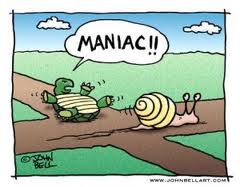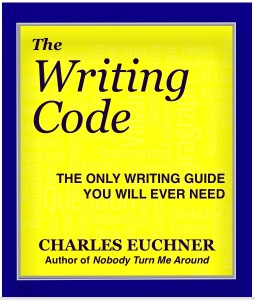I love collecting digital bits.
And I am considered an early adopter by friends.
As disorganized as I may be with files littering my virtual and actual desktops, I have an excellent track record of not losing digital data. Misplacing, yes, but my backup processes are fairly secure.
I hit the save key reflexively every few seconds or whenever I stop typing. I email copies of documents to myself to ensure they’re backed up in the cloud. I have onsite and offsite physical backups of all my files.
Ever since the advent of the Kindle and the iPad, I’ve been delighted. There are so many ways to access the rich library of documents I’ve been squirreling away for all these years. And with tools like Dropbox and various PDF viewers on the iPad, I’ve been able to have useful subsets of my digital library with me wherever I go.
Recently I’ve even begun backing up bits of my library. I’ve taken a number of big tomes and sent them to Blue Leaf Bookscanning to get turned into PDFs and word documents and even robot-read audiobooks.
But there’s a cost for me to digitization.
Serendipity.
In my home I have bookshelves. Many of them. And I have an area where I keep all my language books. And sometimes, when I walk over to that part of the shelf, I feel compelled to learn some more Portuguese verbs. Or another Latin phrase. It’s not planned.
I have another shelf full of mid 1800s American “Cyclopediae”. Had I planned to look up something in that? Not really. Was I enriched by it? Yes.
I have a shelf next to my bed, supposed to be a nightstand. It’s actually a two foot wide, 5 foot tall shelf. It has possibly 50 books I’m in the middle of browsing or reading. My “nightstand” gives me that same feeling I get when I stand in front of the magazine stand at a good bookstore. “Oooh – what am I going to choose?” There are too many good choices.
To be fair, I have experienced some form of this on my iPad. I’ve loaded up a ton of PDFs into the Apple iBooks app. Sadly (for Apple), I have to say that iBooks is only used store PDFs; Amazon has my eBook business and will keep it until I can read iBooks on my computer. (But that’s a separate rant.)
And so occasionally, I have said “why look there, there’s a book on programming Ruby on Rails, I should browse through that.”
“Oh theres that manual I downloaded on Intellectual Property and patent drafting, I’ll read it. ”
But the point is, I think it will be a while before I have the scant 64Gb of my iPad chock full of ALL my digital documents. Years in fact. I just don’t see it. First theres the scanning, or re-acquiring the book in digital form. Then there’s the filling the space, or hoping that “cloud books” comes out when “cloud music” is just getting started.
There’s no question that eBooks are rising fast. So much so that they will be the most significant part of the Western reading market soon. Ebook sales will be the driver, not just a growing segment, of book sales.
Books will go down fighting. It will probably take generations to fully marginalize books, even though digital formats are eclipsed within two decades. VHS. Tape. CDs. DVDs. Blu-Ray. These are all formats-come-lately. They have not persisted. Photographs and phonograph records are a bit longer lasting. But printed word has millennia of success.
So what of the browse? What of the bookstore? What of the random luck that comes from browsing not just a corner bookstore but of rediscovering one’s own library? Or of putting a reminder to one’s self to read a book, by leaving it in your bag?
When all books are equally accessible in a huge digital bookstore on your iPad, and when new books are constantly marketed to you, invading the privacy of your own tablet, what will this do to undirected reading? How will one continue to enjoy these essential and random encounters with books?
I don’t know. What I do know is that my family is shopping for a house right now. And after digging through probably a hundred houses on the multiple listing service, I remember just two have really stood out to me. I may make an offer on one next week. And only when I was finishing writing this article did I realize something.
Both of those homes have a library.




